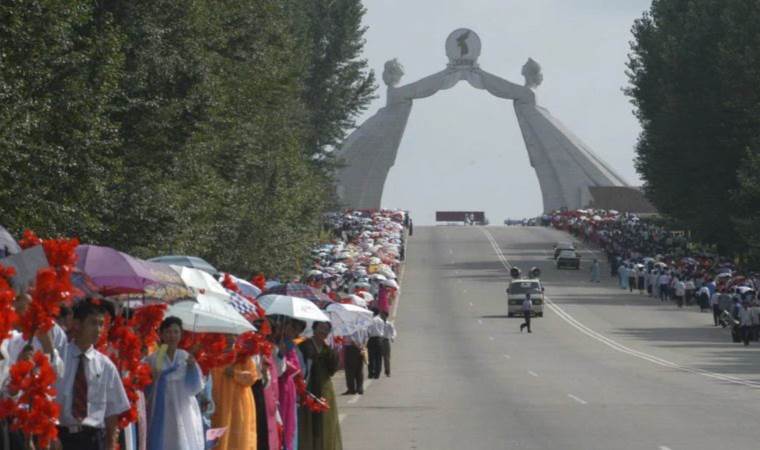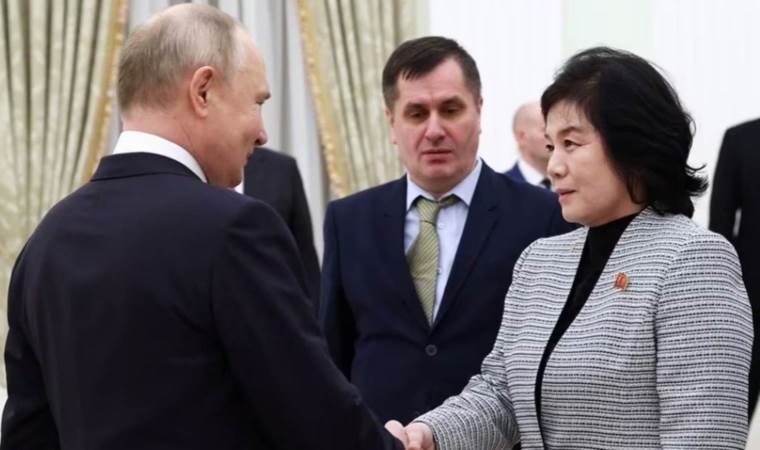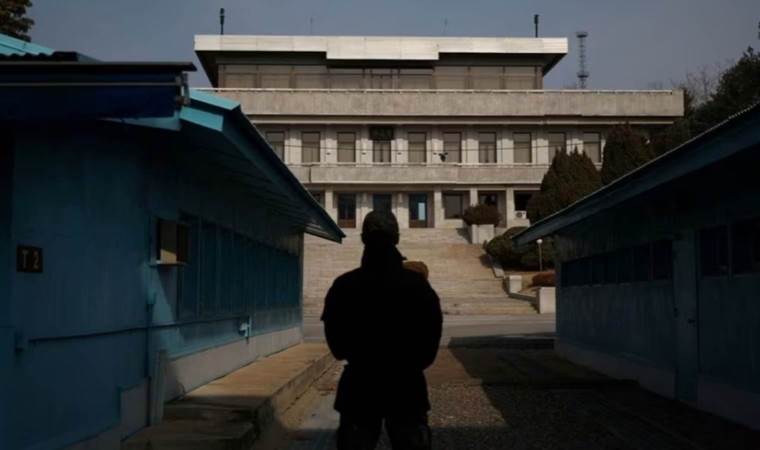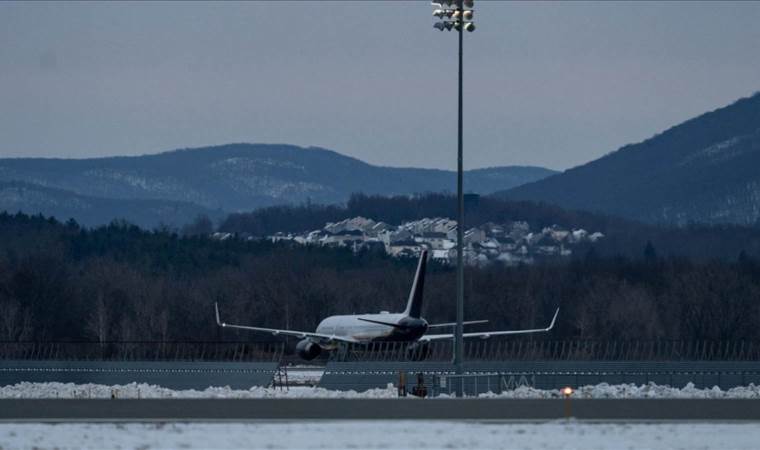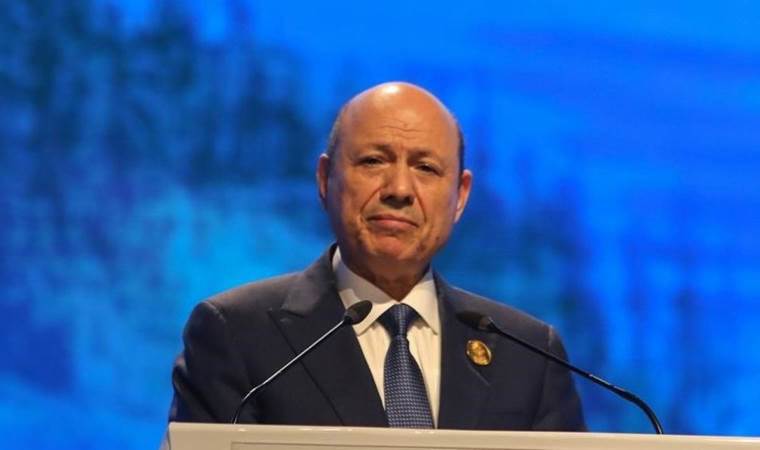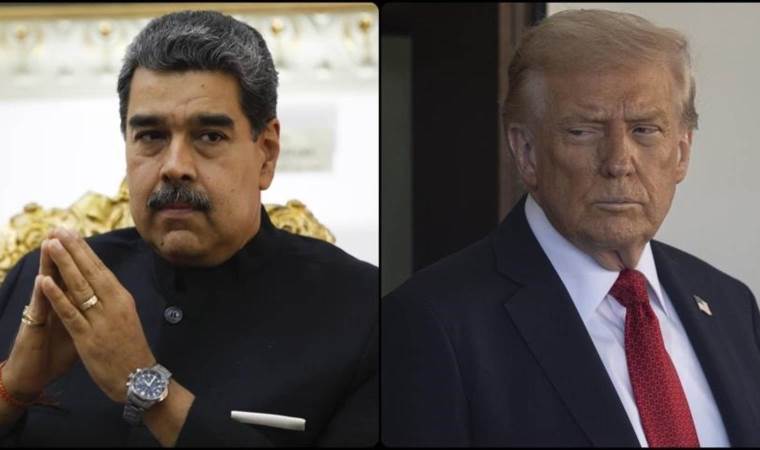North Korea's AI advancements spark concerns, study reports
North Korea is advancing in artificial intelligence (AI) and machine learning applications, ranging from COVID-19 response and nuclear reactor safety to wargaming simulations and government surveillance, a new study reveals.

Despite international sanctions over its nuclear weapons program, which have limited North Korea's access to AI hardware, the country is actively pursuing cutting-edge technology, according to Hyuk Kim of the James Martin Center for Nonproliferation Studies (CNS) in California. Kim's study, drawing on open-source information including state media and journals, was published Tuesday by the 38 North project.
The report also notes that some North Korean AI researchers have worked with foreign scholars, notably in China. South Korea's National Intelligence Service, as of Wednesday, reported signs of North Korean hackers using generative AI to identify targets and seek hacking technologies, although actual cyberattacks have not been detected yet.
The National Intelligence Service is closely monitoring these developments. North Korea founded the Artificial Intelligence Research Institute in 2013, and in recent years, several companies have introduced commercial products featuring AI, the report states.
In North Korea, where communications technology is heavily restricted and monitored, AI was utilized during the COVID-19 pandemic to assess proper mask usage and prioritize clinical symptoms for infection detection, according to Kim.
North Korean scientists are also exploring AI use in nuclear reactor safety, the study adds. The U.N. nuclear watchdog and independent experts recently observed that a new reactor at North Korea's Yongbyon nuclear complex seems operational, potentially contributing to the country's plutonium stockpile for nuclear weapons.
Kim highlights the broad implications of North Korea's AI pursuits. He points out that the development of a wargaming simulation program using machine learning suggests an intent to better understand combat scenarios against potential adversaries. Additionally, ongoing collaborations with foreign scholars raise concerns about the effectiveness of the sanctions regime.
Most Read News
-
 After Neoliberalism... The Search for a New Model
After Neoliberalism... The Search for a New Model
-
 Pope urges end to violence, respect for sovereignty afte
Pope urges end to violence, respect for sovereignty afte
-
 Venezuela’s Maduro, wife under US custody in New York, a
Venezuela’s Maduro, wife under US custody in New York, a
-
 Yemeni presidency urges STC to lift movement restriction
Yemeni presidency urges STC to lift movement restriction
-
 UK should ‘go further’ in aligning with EU single market
UK should ‘go further’ in aligning with EU single market
-
 US operation in Venezuela kills at least 40 people: Repo
US operation in Venezuela kills at least 40 people: Repo
-
 US will 'run' Venezuela, says Trump after 'large scale'
US will 'run' Venezuela, says Trump after 'large scale'
